Top 10 PumpSwap APIs Every Solana Developer Should Know in 2025
Top 10 PumpSwap APIs: In 2025, PumpSwap has quickly risen to prominence within the Solana ecosystem, especially as the memecoin trend continues to reshape decentralized trading. As a lightweight yet high-throughput decentralized exchange (DEX), PumpSwap leverages Solana’s fast finality and low fees to facilitate a new breed of hyper-active token launches. For developers, this means opportunity—but also complexity.
To thrive in this environment, Solana developers need access to robust, real-time, and purpose-built application programming interfaces (APIs). Whether the goal is to build a bot, track memecoin performance, or create an insightful DEX analytics dashboard, having the right API stack is essential. This article explores the top 10 PumpSwap APIs every Solana developer should know in 2025, highlighting their features, strengths, and practical applications.
Top 10 PumpSwap APIs : Criteria for Selection
The APIs featured in this list are selected based on four key developer-centric criteria. First, real-time performance is critical for trading tools and bots operating on slim latency margins. Second, developer-friendliness, which includes documentation quality, SDK support, and ease of onboarding, ensures the API is accessible beyond core protocol engineers. Third, unique features such as token metadata, wallet tracking, or memecoin-specific utilities elevate certain APIs above generic Solana infrastructure. Finally, integration capability with other Solana tools, including webhooks, RPC endpoints, and indexers, makes an API truly versatile within a development stack.
Top 10 PumpSwap APIs
Pump.fun API (Official)
As the foundational API for the PumpSwap platform, Pump.fun’s official interface offers all the core functionalities needed to interact with and monitor token launches. It enables developers to pull real-time trading stats, token metadata, and pool information related to newly created memecoins. This makes it particularly useful for dashboards tracking trending tokens or bots that monitor launch velocity. Its structure is clean and straightforward, making it ideal even for junior developers looking to build tools focused on token activity in the PumpSwap environment.
Top 10 PumpSwap APIs : Helius API
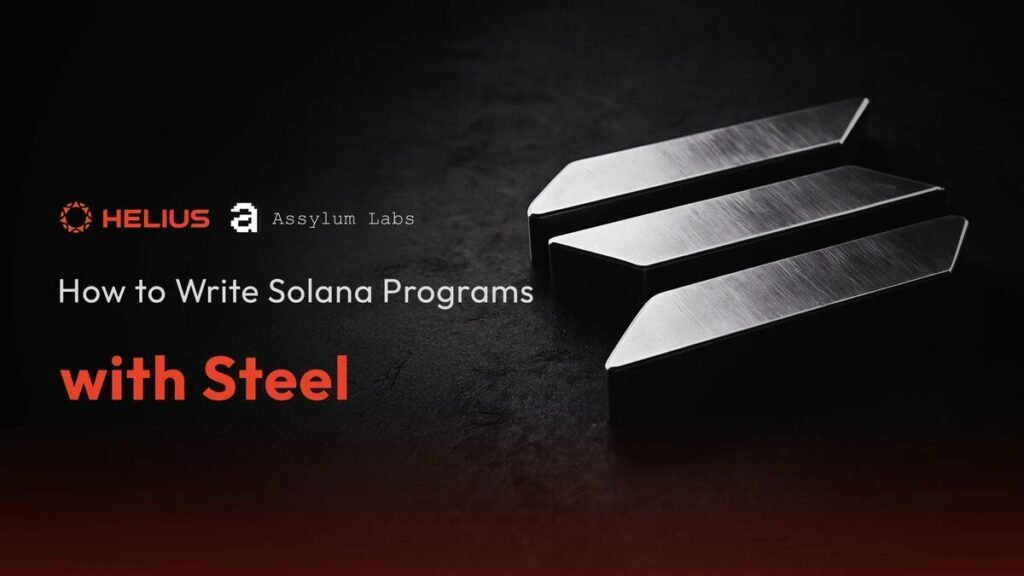
Source: HELIUS
Helius stands out by simplifying Solana’s complex transaction data. Its powerful decoding capabilities allow developers to turn raw transaction logs into readable, structured data. On top of that, it supports wallet tracking and token metadata extraction, all of which are essential for identifying wallet behaviors and market trends on PumpSwap. Developers building alert bots, trading dashboards, or compliance tools often rely on Helius for its superior data granularity and webhook integration. It’s widely adopted due to its balance of simplicity and analytical depth.
Top 10 PumpSwap APIs : SolanaFM API
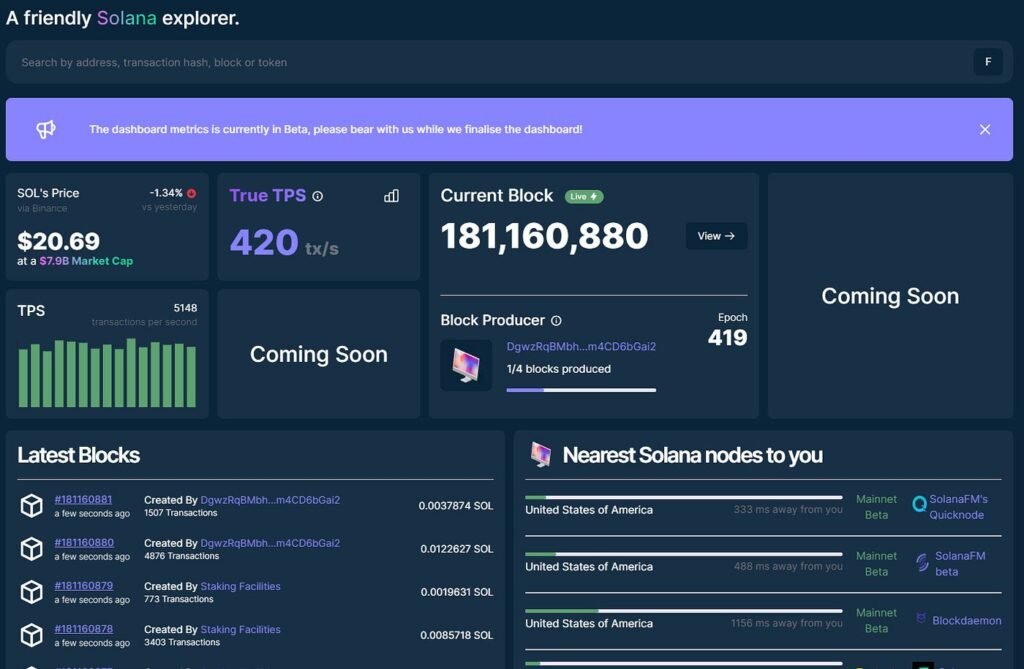
Source: Medium
For projects that demand deep historical insights, SolanaFM provides a strong backbone. It allows developers to perform historical queries on PumpSwap activity, track smart contract executions over time, and construct complex queries around token interactions. SolanaFM is particularly favored for building long-term analytics tools that help users understand memecoin performance beyond short-term price movements. Its smart contract indexing capabilities also support more advanced use cases, such as behavior-based token ranking and scam token detection systems.
Top 10 PumpSwap APIs : QuickNode API with PumpSwap Support
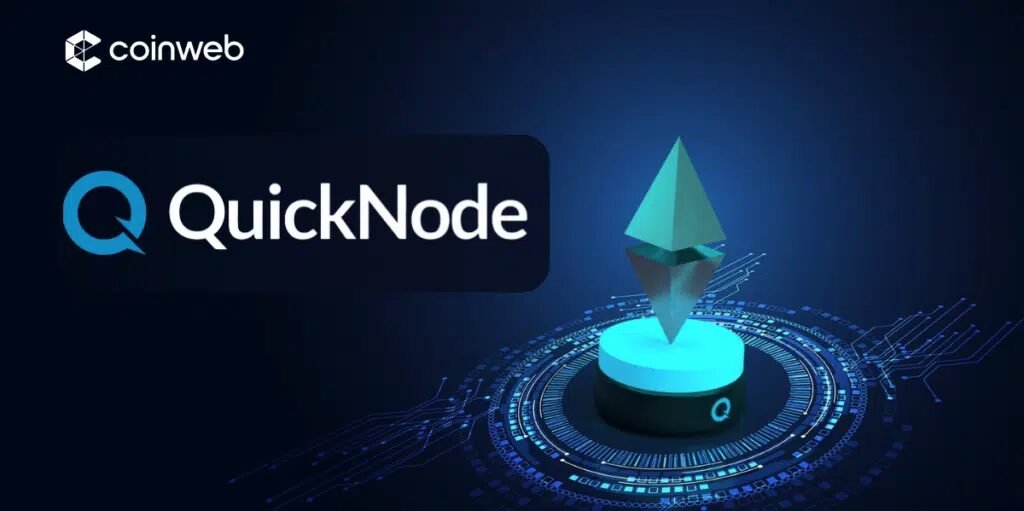
Source: Coinweb
QuickNode combines enhanced Solana RPC endpoints with webhook features, making it an optimal solution for developers focused on speed and responsiveness. With PumpSwap compatibility, QuickNode enables developers to monitor on-chain events in near real time. This makes it a preferred API for building sniping bots, real-time alerts, and latency-sensitive trading tools. What sets QuickNode apart is its performance optimization—developers benefit from consistent low-latency data delivery even at scale.
Jupiter Aggregator API
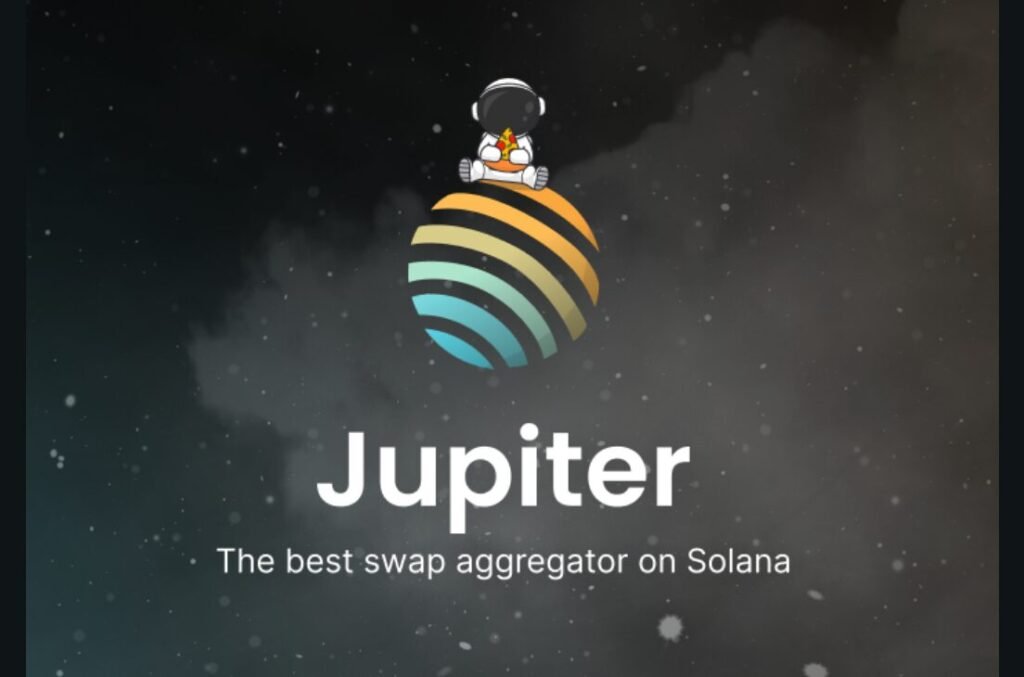
Source: TokenInsight
Although not a PumpSwap-exclusive API, Jupiter’s aggregator plays a critical role in enabling multi-DEX route discovery. Since PumpSwap liquidity is now indexed within Jupiter’s system, developers can use its API to compare trade routes across PumpSwap, Raydium, Orca, and other Solana DEXs. This ensures that tools such as trading bots, swap interfaces, and arbitrage systems always execute at the best available price. It’s especially relevant for memecoin strategies where slippage and timing can drastically affect profitability.
Triton API
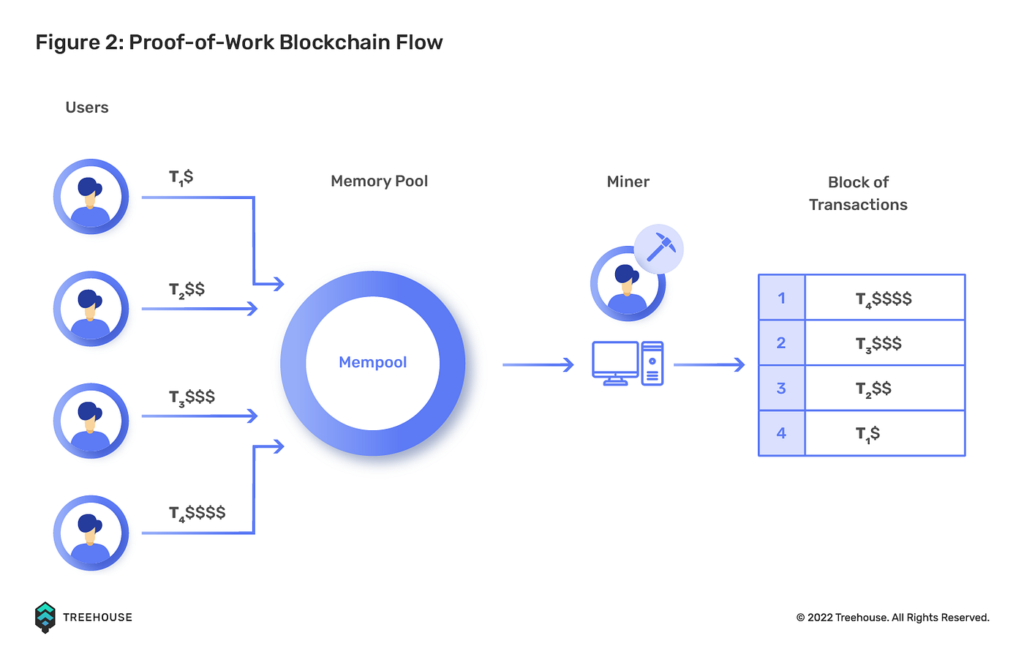
Source: Medium
Triton introduces on-chain compute capabilities tailored for maximum extractable value (MEV) strategies and custom execution logic. While more niche, developers interested in creating frontrunning bots, arbitrage scanners, or predictive trading systems on PumpSwap can leverage Triton to simulate, analyze, and optimize transactions before they’re finalized. The API provides programmable infrastructure to build advanced execution flows and can be a game-changer for institutional-level trading logic applied to memecoin volatility.
Birdeye API

Birdeye is a lightweight API ideal for front-end developers needing real-time token price charts, liquidity snapshots, and market overviews. With full PumpSwap pool coverage, it provides a simple and accessible interface for building token tracking widgets, portfolio management tools, or compact dashboards. Its primary value lies in its UI-optimized data structure, making integration into React or Flutter-based applications extremely smooth. Developers targeting retail-facing apps often use Birdeye to provide token visuals and live updates.
SolScan API

Source: CoinEx
SolScan functions as both a blockchain explorer and data provider, offering a reliable API for tracking wallet activities, token metadata, and PumpSwap transactions. While not optimized for real-time trading like QuickNode or Helius, its strength lies in data integrity and transparency. Developers building user profiling systems, security analytics tools, or bot auditing services frequently integrate SolScan’s endpoints to validate and visualize transaction patterns on PumpSwap.
Jito Labs API
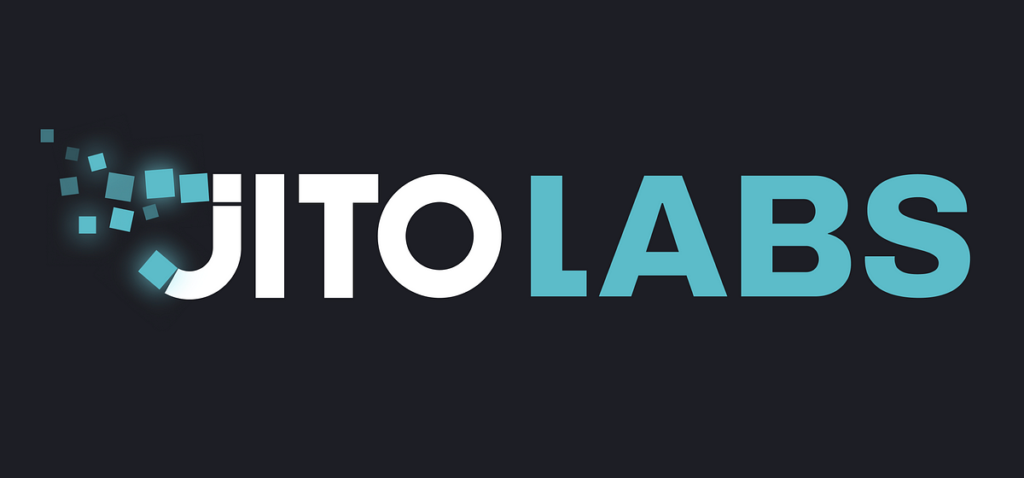
Source: GiftHub
As one of the few APIs providing insight into Solana’s validator mempool, Jito enables early detection of transactions before they are finalized on-chain. For developers working on MEV-focused strategies, pre-confirmation trading analysis, or validator-driven data aggregation, Jito is a high-performance tool. Although it has a steeper learning curve and limited documentation compared to mainstream APIs, its utility in memecoin environments—where split-second advantage matters—is significant.
Blockvision API
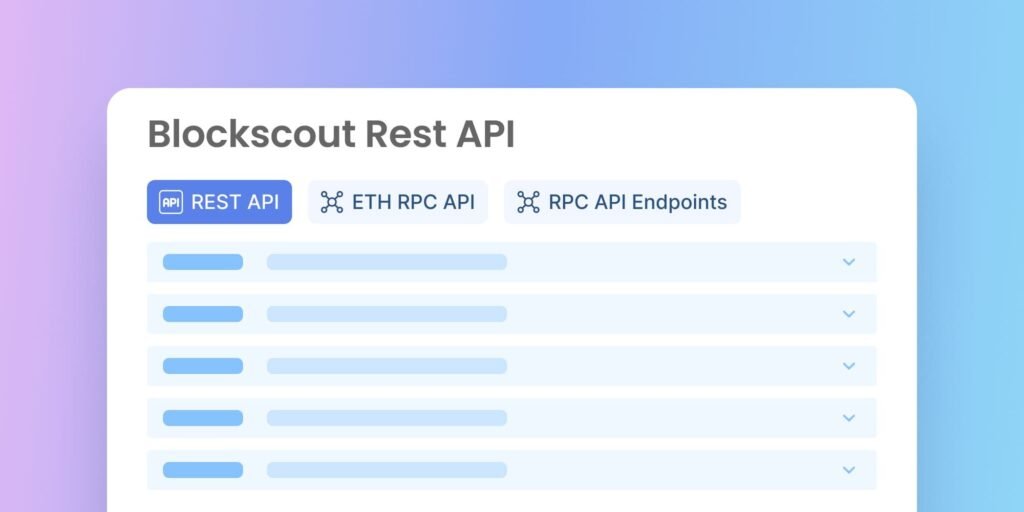
Source: Blockscout
Blockvision offers a comprehensive data infrastructure, including GraphQL and REST endpoints, full indexing capabilities, and historical query access. It supports token-level scans across PumpSwap, enabling developers to analyze trends, build scoring models, or create token intelligence layers. With scalable infrastructure and developer support, it has become a top choice for those working on large-scale Solana data applications or DeFi analytics suites.
API Feature Comparison Table
| API Name | Real-Time | Key Features | Best For |
|---|---|---|---|
| Pump.fun | Yes | Token metadata, trading stats | Launch monitoring, memecoin dashboards |
| Helius | Yes | Transaction decoding, wallet tracking | Alerts, wallet analytics, bot triggers |
| SolanaFM | No | Historical analytics, contract indexing | Long-term memecoin tracking |
| QuickNode | Yes | Enhanced RPC, webhook integration | Trading bots, fast token alerts |
| Jupiter | Yes | DEX route comparison, price optimization | Smart routing, arbitrage tools |
| Triton | Yes | On-chain compute for MEV | Advanced trading strategies, bot simulation |
| Birdeye | Yes | Token charts, market info | UI dashboards, mobile apps |
| SolScan | No | Wallet lookups, token transactions | Auditing tools, compliance |
| Jito Labs | Yes | Validator-level mempool data | Pre-confirmation trade analysis |
| Blockvision | No | Full indexing, GraphQL support | Token trend analysis, data-rich applications |
Final Thoughts
The evolution of PumpSwap from a meme-friendly DEX to a fully integrated piece of Solana’s DeFi infrastructure has raised the bar for developer tooling. The top 10 PumpSwap APIs covered in this article showcase the diversity of needs in 2025—from low-latency trading and token intelligence to data indexing and user behavior monitoring.
A recommended stack for most developers starting today would include Pump.fun for token metadata, Helius for transaction decoding and wallet analysis, and QuickNode for speed-focused bots. As PumpSwap matures, we can expect even tighter integrations between these APIs, driving greater efficiency and innovation across Solana.
For developers, the challenge is no longer building in isolation—but choosing the right tools to build fast, stay relevant, and scale efficiently in the high-speed world of Solana DeFi.
Would you like this formatted for publication in Markdown or added with internal linking suggestions for SEO?




